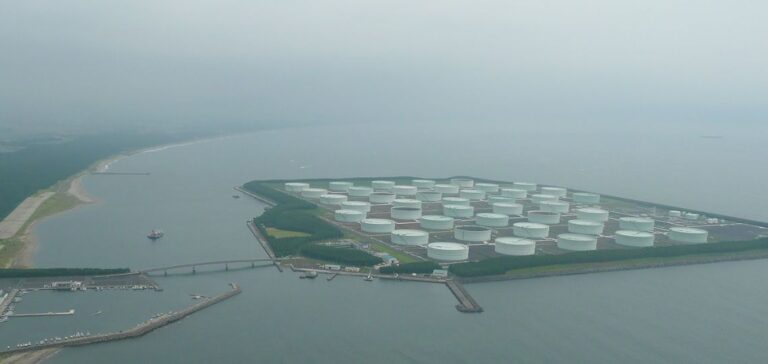China has asked its state-owned oil companies to bolster its strategic oil reserves by adding 8 million metric tons, or almost 60 million barrels, to its emergency stockpiles. This initiative, reported by analyst firm Vortexa and industry sources, is designed to secure the country’s energy supply. This stockpiling program, which runs from July to March next year, represents one of China’s largest accumulations in recent years and could support already high global oil prices this summer season. Beijing has also announced the discovery of a major oil field, which will also boost the country’s energy supply.
Background and implications
The total planned storage volume is equivalent to four days’ processing at domestic refineries, or around 220,000 barrels a day, as calculated by Reuters. China currently imports around 11 million barrels of crude oil a day. Five major state-owned oil companies, including CNPC, Sinopec, CNOOC, Sinochem and Zhenhua Oil, have been tasked with this mission, although the latter have refused to comment publicly on this information.
The Chinese government jealously guards data on its strategic reserves, making it difficult to accurately assess inventory levels. Vortexa estimates China’s strategic petroleum reserves (SPR) at around 290 million barrels. By comparison, the U.S. strategic reserve stood at 372 million barrels at the end of June, according to the U.S. Energy Information Administration.
Storage sites and new infrastructures
Since opening its first reserve site in eastern China in 2006, the country now operates at least a dozen SPR bases, mainly located along the east and south coasts, including some underground caverns. The government also leases commercial sites for its stocks. A new CNOOC-owned tank farm in Shandong province, China’s main refining center, is among the bases to receive this new wave of storage.
In April, Reuters reported that CNOOC, one of the country’s largest importers of Russian oil, had injected more than 10 million barrels of Russia’s ESPO blend into its 31.5 million-barrel reserve site at Dongying, in Shandong province. In addition, Zhenhua Oil is building a 3 billion yuan ($412.46 million) reserve site with a capacity of 17.6 million barrels at Weifang, also in Shandong province, scheduled for completion by the end of this year, according to the provincial government-run Dazhong Daily.
In short, this Chinese initiative is part of a broader strategy to secure energy supplies, in response to fluctuating world markets and volatile oil prices.






















